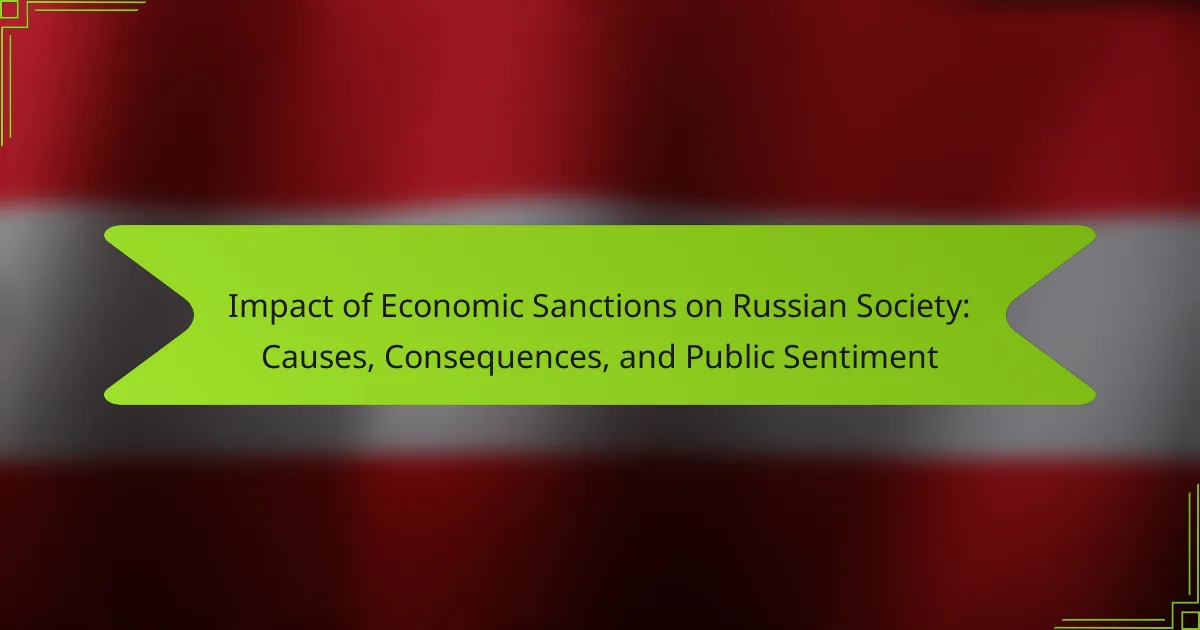Economic sanctions are restrictions imposed by countries or international organizations to influence a target nation’s behavior, often aimed at compelling compliance with international laws or norms. This article examines the impact of economic sanctions on Russian society, highlighting the significant consequences such as economic contraction, rising unemployment, inflation, and shortages of essential goods. It also […]
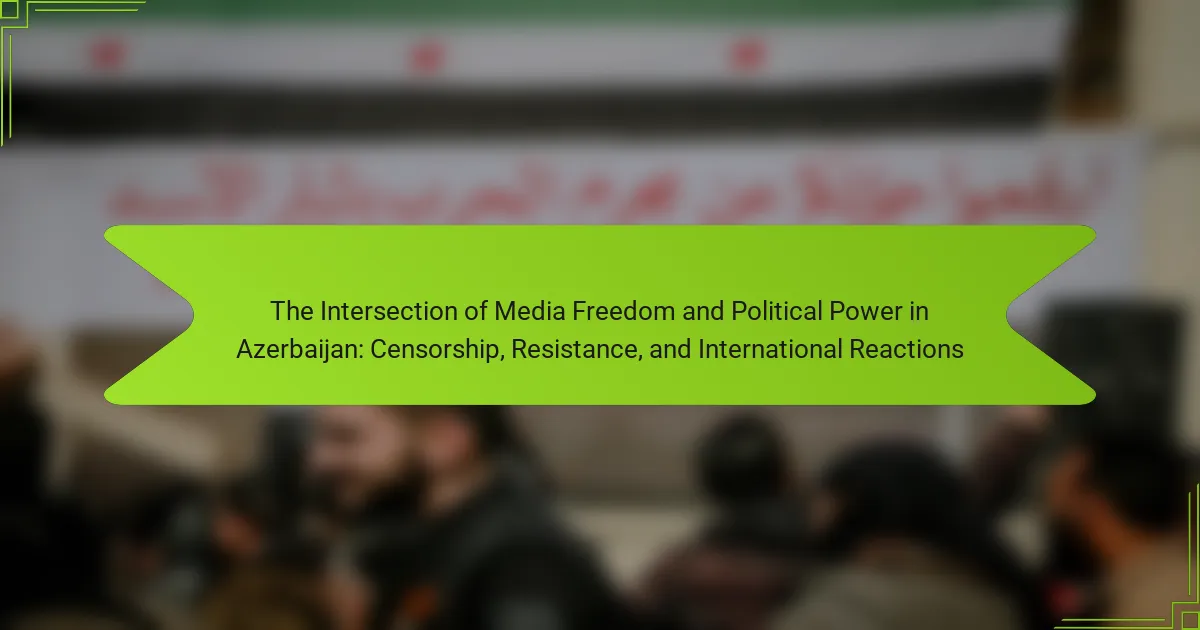
The Intersection of Media Freedom and Political Power in Azerbaijan: Censorship, Resistance, and International Reactions
The article examines the relationship between media freedom and political power in Azerbaijan, highlighting the government’s significant control over media outlets. It details the restrictive environment characterized by censorship, harassment, and imprisonment of journalists, which undermines independent media and free expression. The piece also discusses forms of resistance against these oppressive measures, including independent journalism, […]
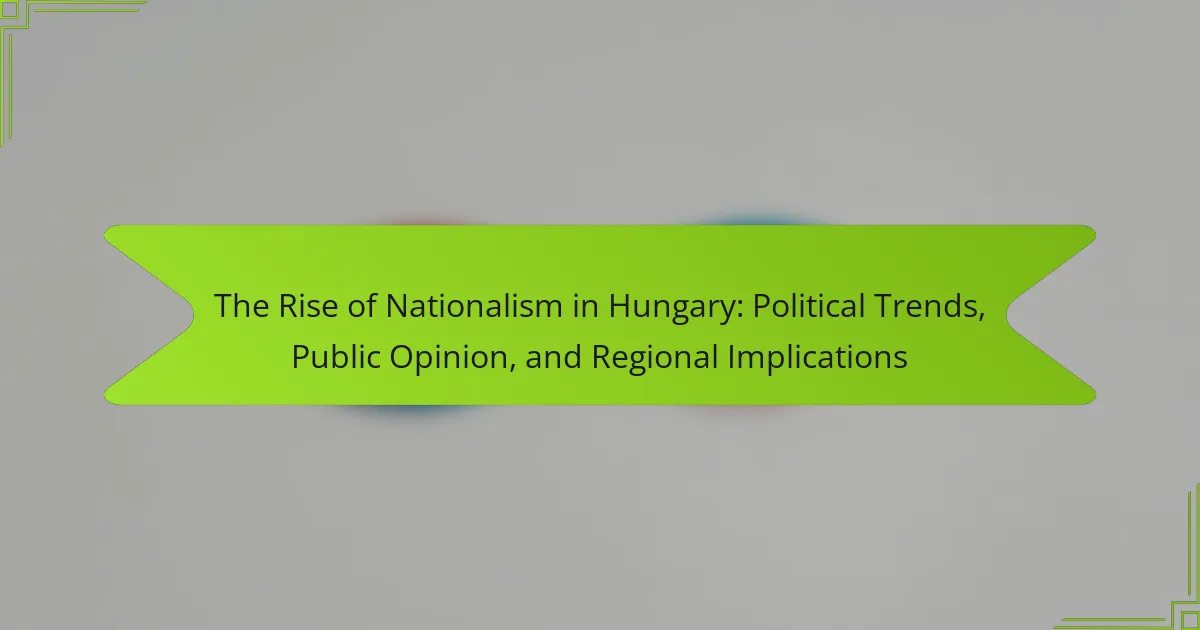
The Rise of Nationalism in Hungary: Political Trends, Public Opinion, and Regional Implications
The article examines the rise of nationalism in Hungary, focusing on key factors such as economic concerns, cultural identity, and political leadership. Economic stagnation and unemployment have led to public dissatisfaction, which supports nationalist policies promising improvement. Cultural identity preservation amidst globalization and strong political leadership from the Fidesz party under Viktor Orbán further fuel […]
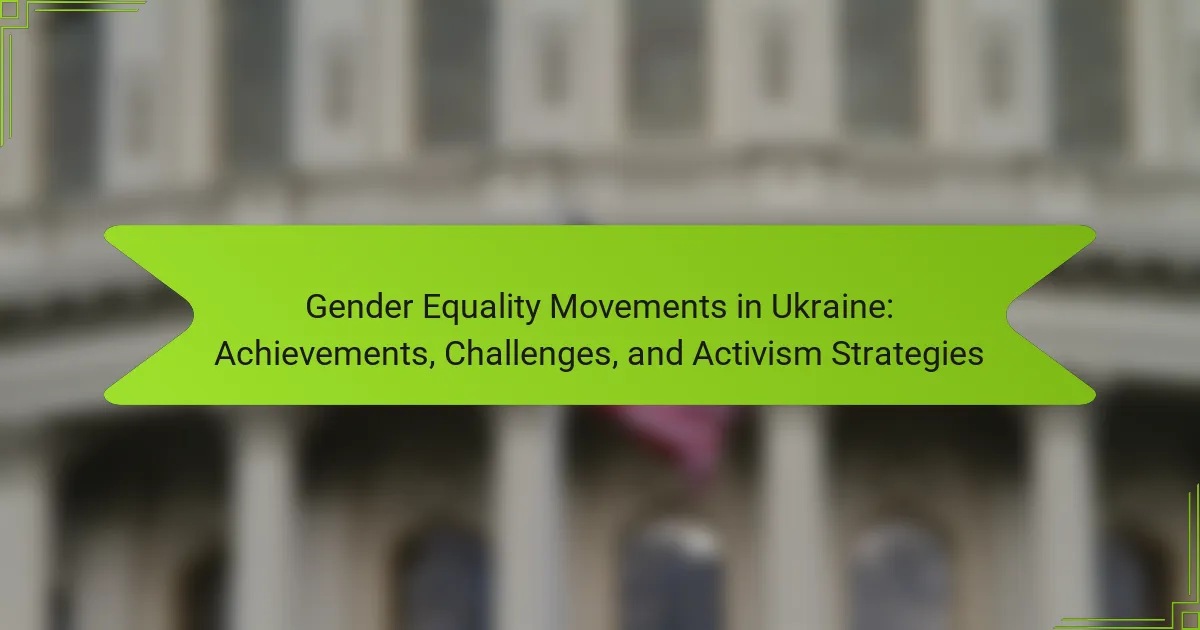
Gender Equality Movements in Ukraine: Achievements, Challenges, and Activism Strategies
Gender equality movements in Ukraine focus on advocating for women’s rights and achieving gender parity. Since the early 1990s, particularly following Ukraine’s independence, these movements have gained significant momentum, with organizations such as the Women’s Consortium of Ukraine playing a vital role. Key issues addressed include domestic violence, economic empowerment, and political representation, highlighted by […]
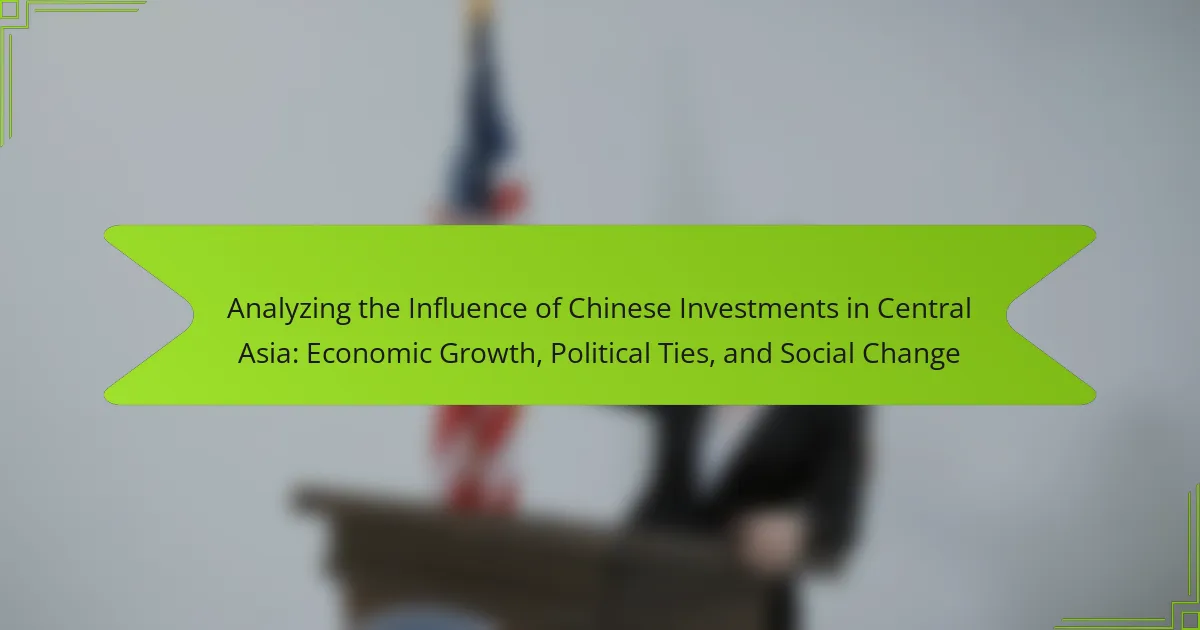
Analyzing the Influence of Chinese Investments in Central Asia: Economic Growth, Political Ties, and Social Change
Chinese investments in Central Asia play a crucial role in driving economic growth, enhancing political ties, and facilitating social change within the region. These investments, particularly through the Belt and Road Initiative (BRI), focus on infrastructure development, including roads, railways, and energy pipelines, which improve connectivity and trade opportunities. They also create job opportunities, especially […]
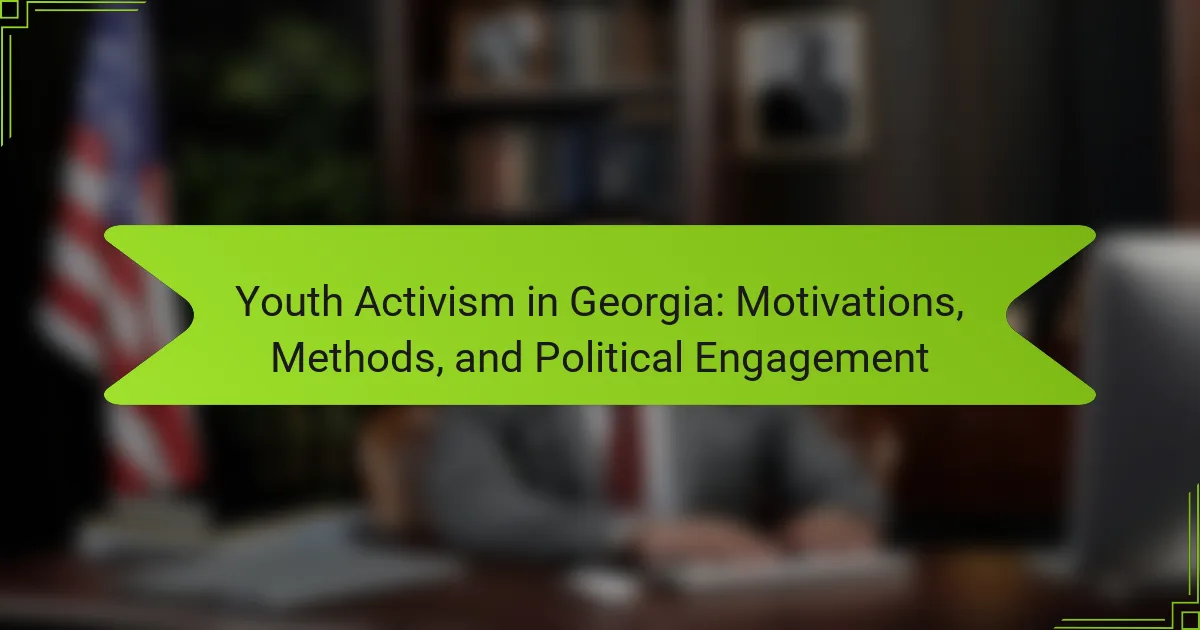
Youth Activism in Georgia: Motivations, Methods, and Political Engagement
Youth activism in Georgia encompasses the participation of young individuals in various social and political causes, primarily focusing on education, environmental justice, and civil rights. This movement has seen a significant increase in engagement, with youth activism rising by over 50% in recent years, as noted in a 2020 report by the Georgia Alliance for […]
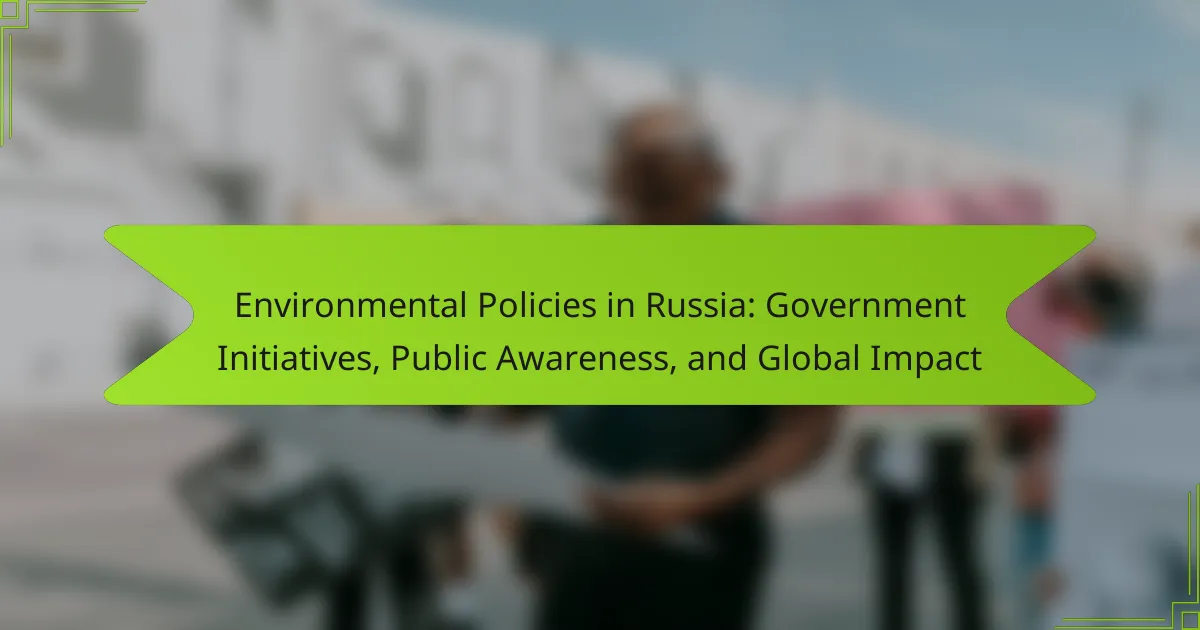
Environmental Policies in Russia: Government Initiatives, Public Awareness, and Global Impact
The article focuses on Russia’s environmental policies, including the Federal Law on Environmental Protection and the National Environmental Action Plan. These frameworks aim to promote sustainable development, improve air and water quality, and enhance biodiversity conservation. Public awareness initiatives, including government educational programs and non-governmental organization efforts, play a crucial role in increasing knowledge about […]
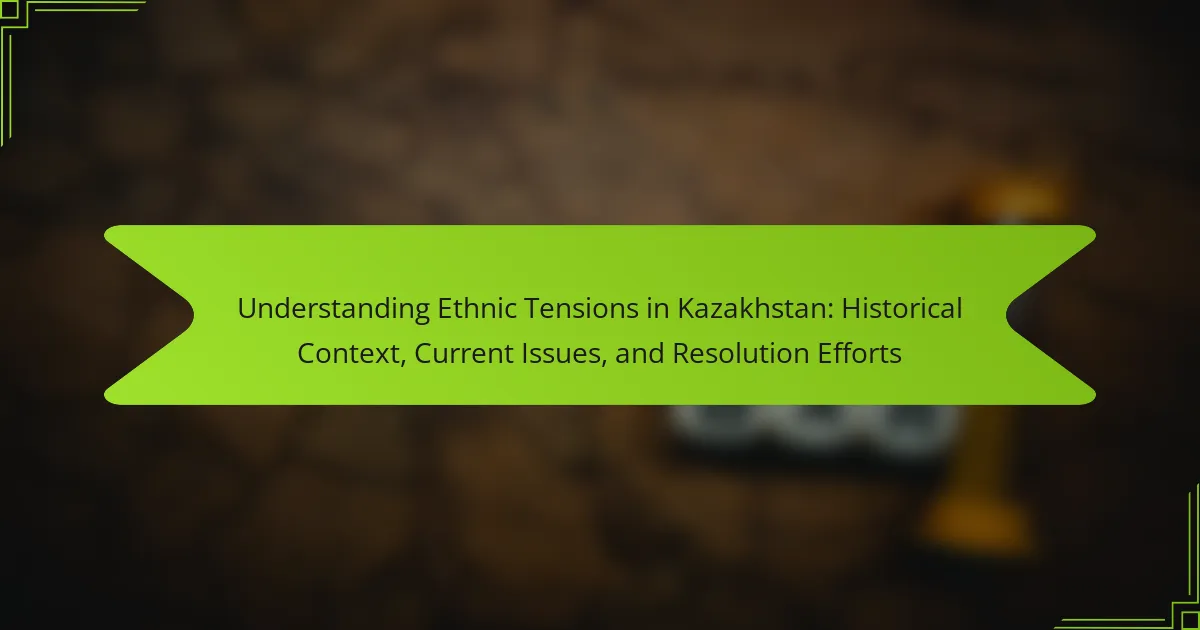
Understanding Ethnic Tensions in Kazakhstan: Historical Context, Current Issues, and Resolution Efforts
Ethnic tensions in Kazakhstan are rooted in historical events from the Soviet era, including the forced relocation of various ethnic groups and policies that caused suffering among Kazakhs. Current issues such as economic disparities, political representation, and cultural differences continue to exacerbate these tensions. The government is actively working to address these challenges through initiatives […]

The Role of Civil Society in Belarus: Advocacy, Challenges, and Future Prospects
Civil society in Belarus is a vital entity advocating for human rights, democratic reforms, and social justice amidst significant governmental repression. Organizations such as Viasna and the Belarusian Helsinki Committee play crucial roles in monitoring human rights violations, providing legal assistance, and educating citizens about their rights. Despite facing challenges like state violence and restrictions […]
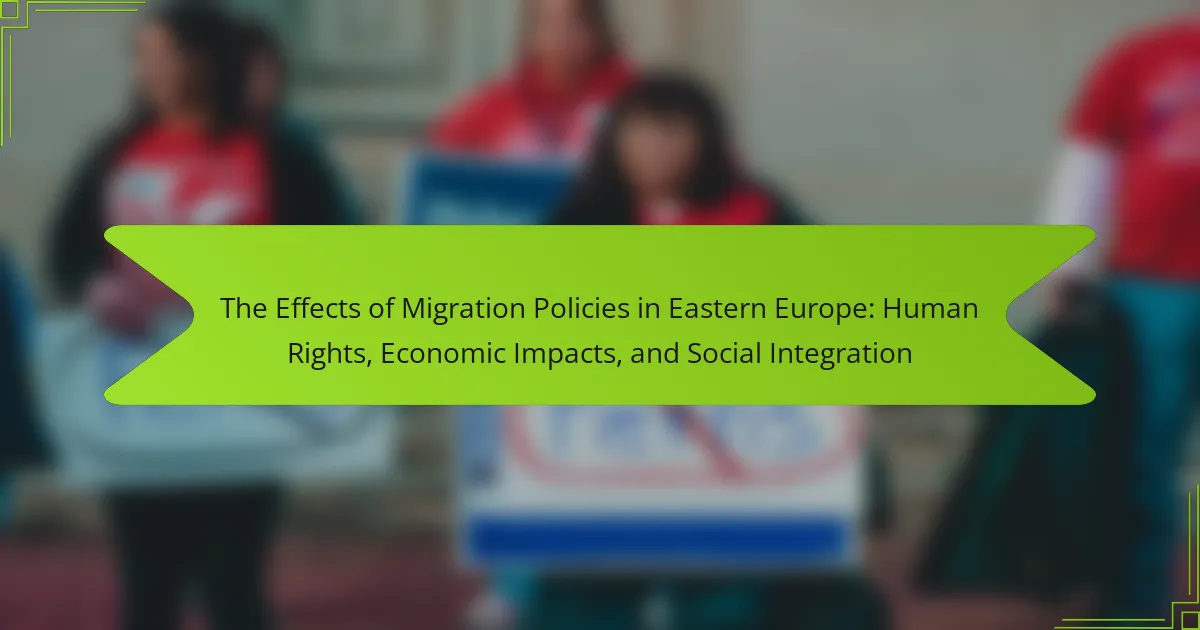
The Effects of Migration Policies in Eastern Europe: Human Rights, Economic Impacts, and Social Integration
Migration policies in Eastern Europe encompass various frameworks, including the Schengen Agreement, asylum procedures, and labor migration regulations. These policies significantly affect economic dynamics, influencing labor shortages and productivity levels. Stricter immigration controls can hinder the influx of skilled workers, while more inclusive approaches may enhance labor market flexibility and innovation. Additionally, social integration is […]
